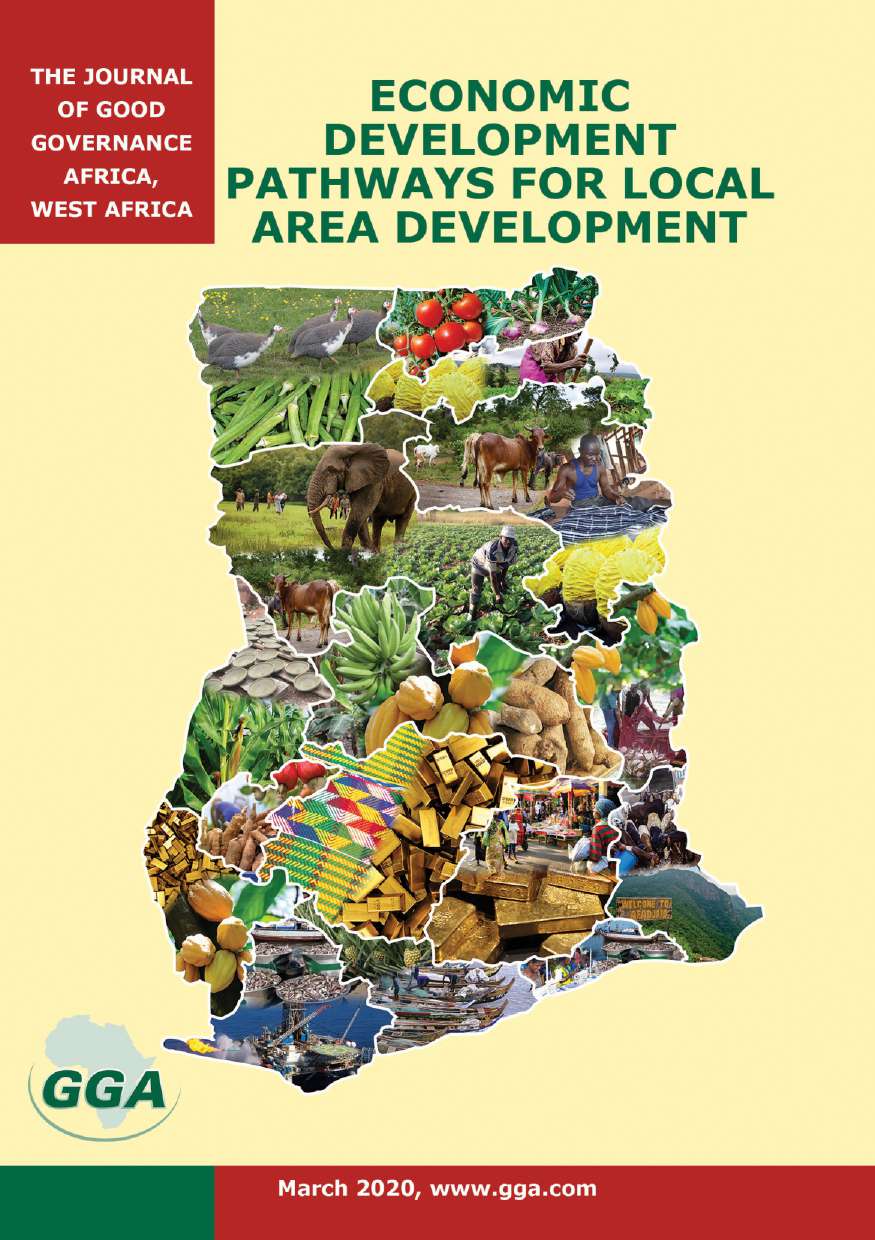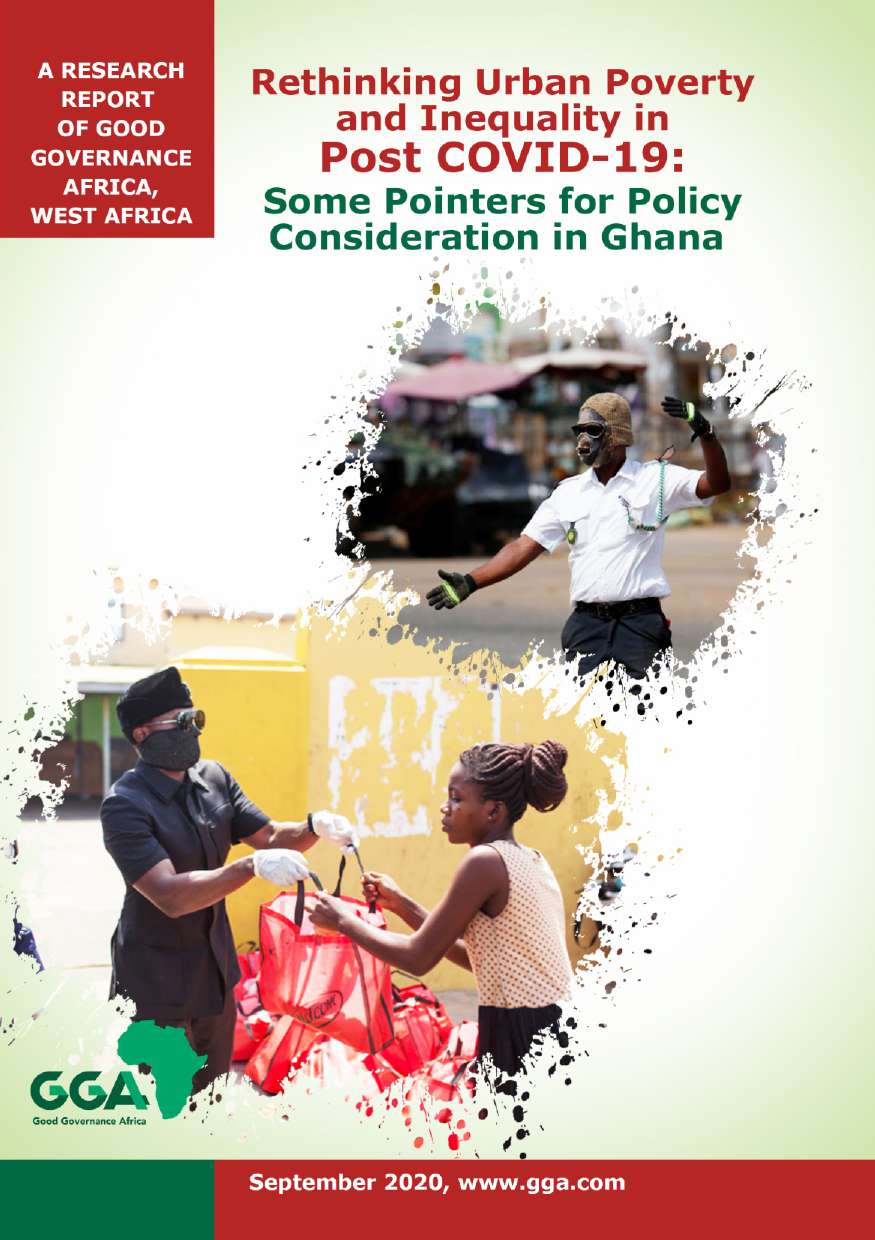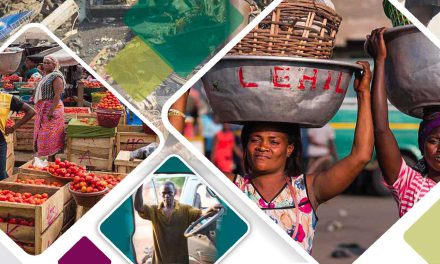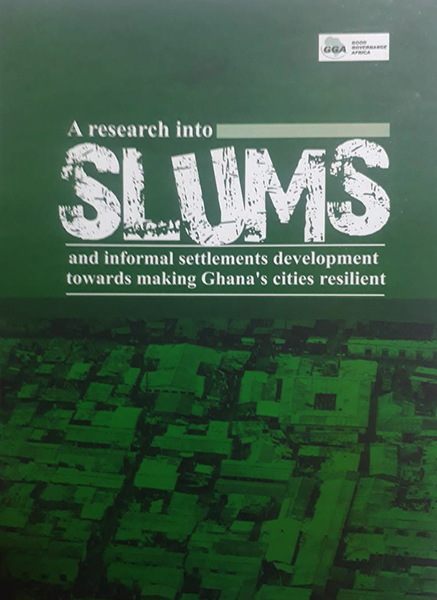Economic Development Pathways for Local Area Development
Ghana currently has 260 districts under its local governance structure and these districts are to bring development closer to the people. The administrations of the districts, formally referred to as metropolitan, municipal and district assemblies (MMDAs), are the highest development authorities at the local level under Ghana’s 1992 Constitution. The decision to create these local authorities to oversee local–level development was partly born out of the realisation that central government development interventions were inadequate to propel local–level development consistent with the development agenda of the nation. Also, where these development initiatives were sometimes provided at local level before the introduction of decentralisation, they often did not meet the actual needs of the people.
To deepen Ghana’s decentralisation agenda, and indeed make the MMDAs self-sufficient in providing local services and development, the ability of the districts in raising their own revenue must be enhanced. Under fiscal decentralisation, the MMDAs, aside from receiving statutory transfers from the central government, are to also raise enough revenue from local fees, fines and rates for development. The mobilisation of these local resources for development is, however, dependent on the economic vibrancy of a given district. Districts may have some comparative advantages in terms of economic activities that the MMDAs could promote or create enabling environments for local level investments.
The GGA West Africa centre – with its commitment to promoting sustainable governance practices that have the potential of alleviating poverty at all levels of national development, particularly at the local level – is developing capacities at the district level to deepen local economic development. This intervention is seen as a progressive measure in alleviating poverty at community levels.












